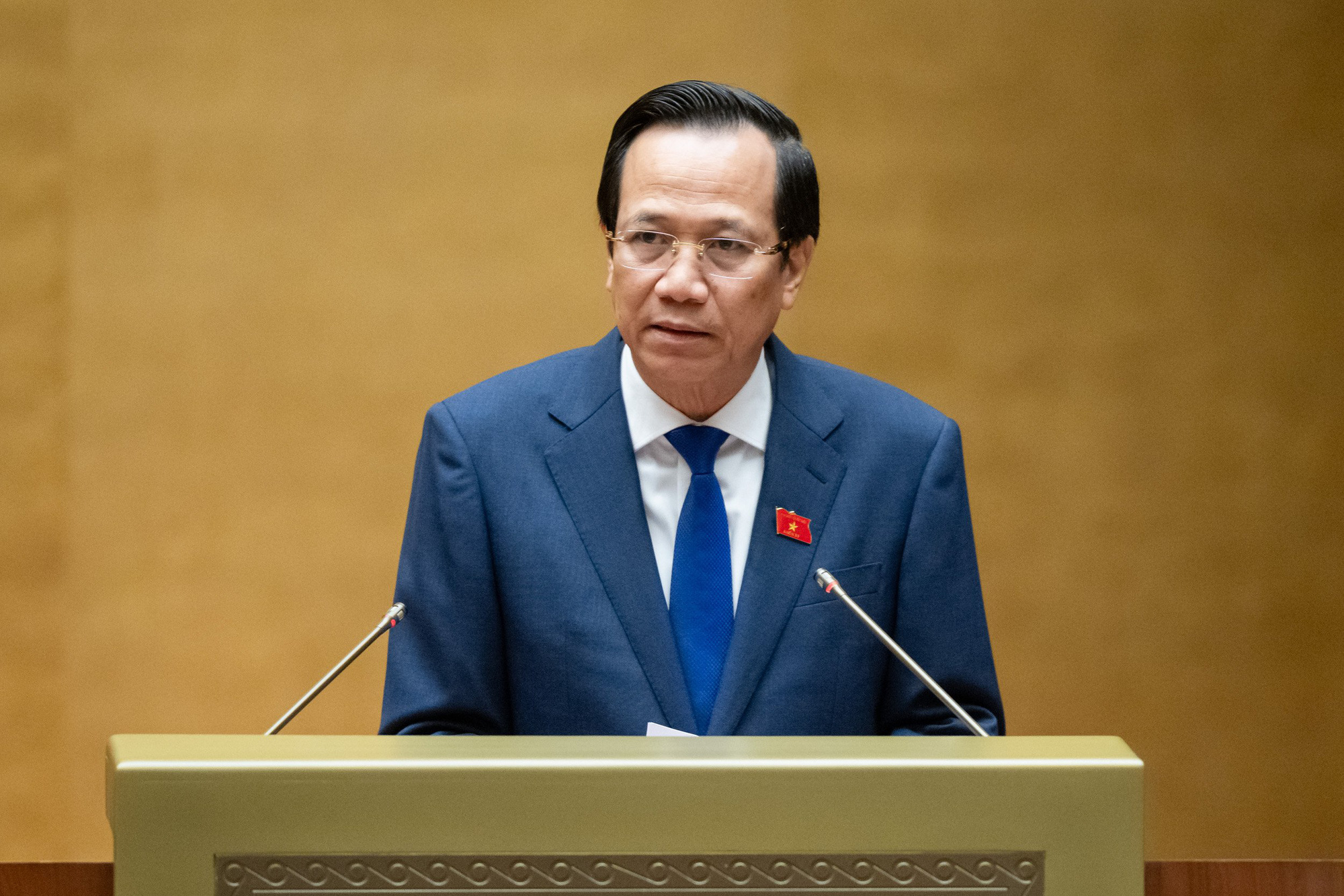While Vietnam's overall number of domestic violence cases and victims in 2023 decreased compared to 2022, there was a noticeable increase in the proportion of male victims, according to a government report.
On Wednesday, Minister of Labor, War Invalids, and Social Affairs Dao Ngoc Dung presented a report on the implementation progress of the gender equality targets in 2023 at the seventh session of the 15th National Assembly.
The report revealed that 2023 saw 3,122 households affected by over 3,240 cases of domestic violence, a drop from the reported 4,454 cases in 2022.
Among these, physical violence accounted for the highest number at 1,520 cases, followed by emotional violence at 1,404 cases, economic violence at 230 cases, and sexual violence at 110 cases.
Victims of domestic violence numbered 3,193, including 2,628 women and 565 men.
In 2022, there were 3,440 female victims and 481 male victims.
While the overall number of cases and victims decreased compared to 2022, the proportion of male victims showed signs of increasing.
Up to 2,677 men and 531 women committed acts of domestic violence in 2023, with nearly 3,000 of them facing admonition, criticism, administrative sanctions, and 129 being criminally prosecuted.
The report highlights the prevalent issue of underreporting due to victims’ fear of discrimination and stigma, often leading them to perceive such violence as normal or embarrassing.
Most victims only seek support from authorities when the violence becomes severe, prolonged, or threatens the marriage’s dissolution, complicating data compilation and response efforts.
Addressing this matter, chairwoman of the National Assembly Committee for Social Affairs Nguyen Thuy Anh emphasized the persisting complexity of gender-based violence, domestic violence, and human trafficking.
Furthermore, she expressed concern over the ongoing gender imbalance at birth, suggesting that achieving gender equality targets by 2025 would be challenging, potentially leading to socio-demographic repercussions and exacerbating gender inequality.
Anh attributed these issues to prevailing gender stereotypes regarding the roles of men and women in society, both in the workplace and at home, as well as a cultural preference for male offspring.
Anh urged the prime minister to continue directing ministries and agencies to enhance the integration of gender equality issues, promulgate measures to combat gender discrimination, and advance substantive gender equality.
Like us on Facebook or follow us on Twitter to get the latest news about Vietnam!





















































